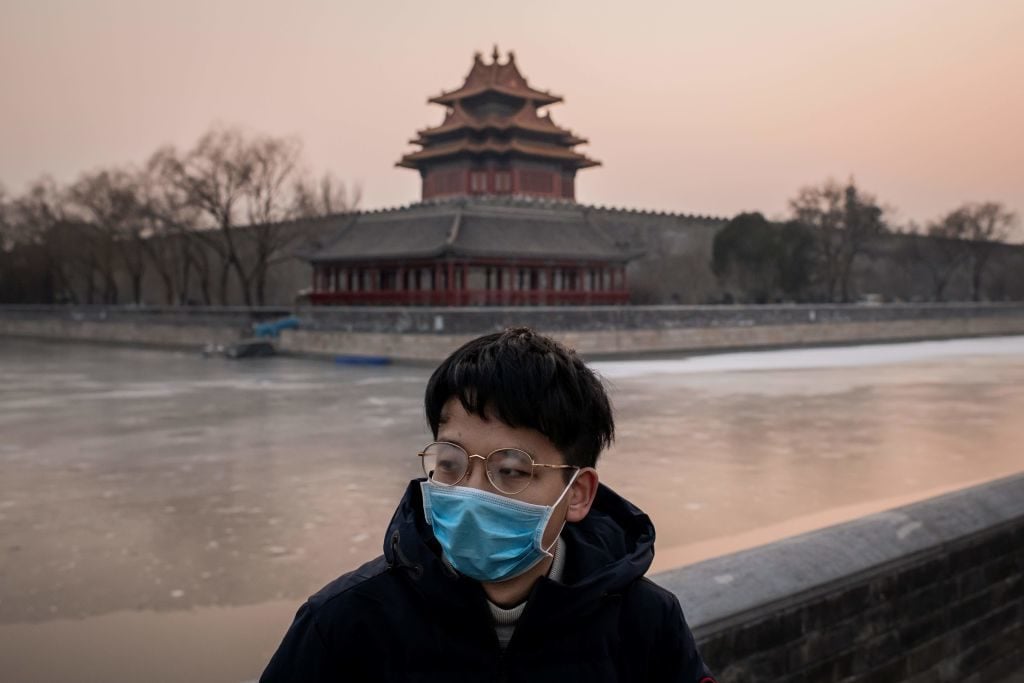Politics
Chinese Authorities Have Locked Down the Great Wall of China and Beijing’s Forbidden City to Limit the Spread of Coronavirus
The deadly virus has claimed the lives of 81 people.

The deadly virus has claimed the lives of 81 people.

Naomi Rea

Chinese authorities have shut down the most popular section of the Great Wall as well as other popular cultural tourist sites in an effort to prevent the spread of a deadly virus that has broken out across the country and threatens to spread around the globe.
The flu-like coronavirus has already killed 81 people in China and fears are growing that it could expand rapidly during the country’s popular Lunar New Year festivities. More than 2,700 cases have been confirmed in China, and reports of the infection have been made in more than 10 other countries, including the US, where five people have been diagnosed with the virus.
In a bid to limit its spread, authorities announced on Friday that the Badaling section of the Great Wall of China, which is around 40 miles from Beijing, would temporarily close beginning Saturday, January 25, local news outlet CNA reports. The Great Wall receives around 10 million visitors a year.
Beijing’s most popular attraction, the Forbidden City, which received 19 million visitors last year, has also been shuttered, along with important temples including the Ming Tombs and Yinshan Pagoda. Officials have not said when the cultural sites, including the Great Wall, will reopen.
Meanwhile, authorities have announced that the city’s Bird’s Nest stadium, designed by the dissident Chinese artist Ai Weiwei for the 2008 Olympic Games, will shutter until at least January 30.
The mysterious virus has broken out during China’s biggest holiday season, when hundreds of millions travel to see family and gather in large crowds. Officials in Beijing, Shanghai, and Hong Kong have cancelled their plans for public celebrations of the Lunar New Year. The holiday period has also been extended until February 2 across China and to February 9 in Shanghai, according to the Guardian, in an effort to deter citizens from traveling.
Because the virus can spread through coughing and sneezing—although it remains unclear exactly how easily it can be transmitted—authorities are discouraging residents and tourists from attending large gatherings or popular tourist destinations, including China’s 55 UNESCO World Heritage sites.
The respiratory virus first broke out between December 12 and 29 at a live animal market in Wuhan, the capital of China’s Hubei Province and home to 11 million people. Authorities have since placed a lockdown on Wuhan and surrounding cities in Hubei Province, banning travel in and out, which affects some 35 million people.